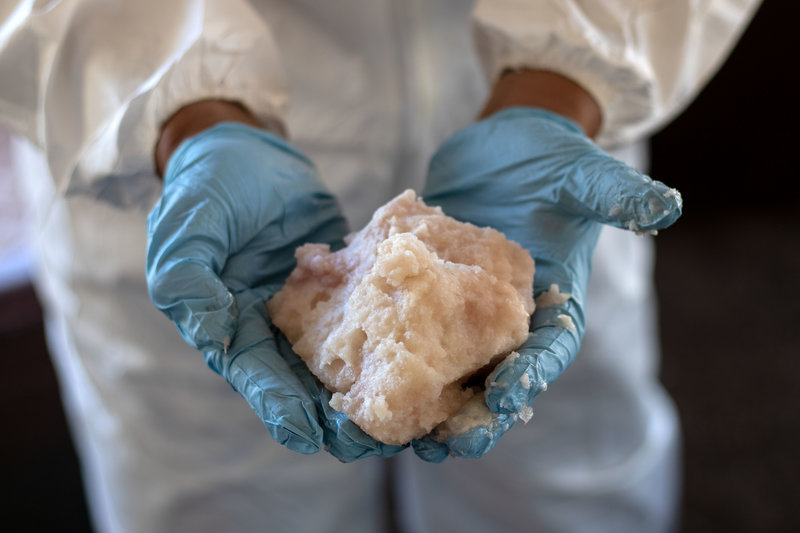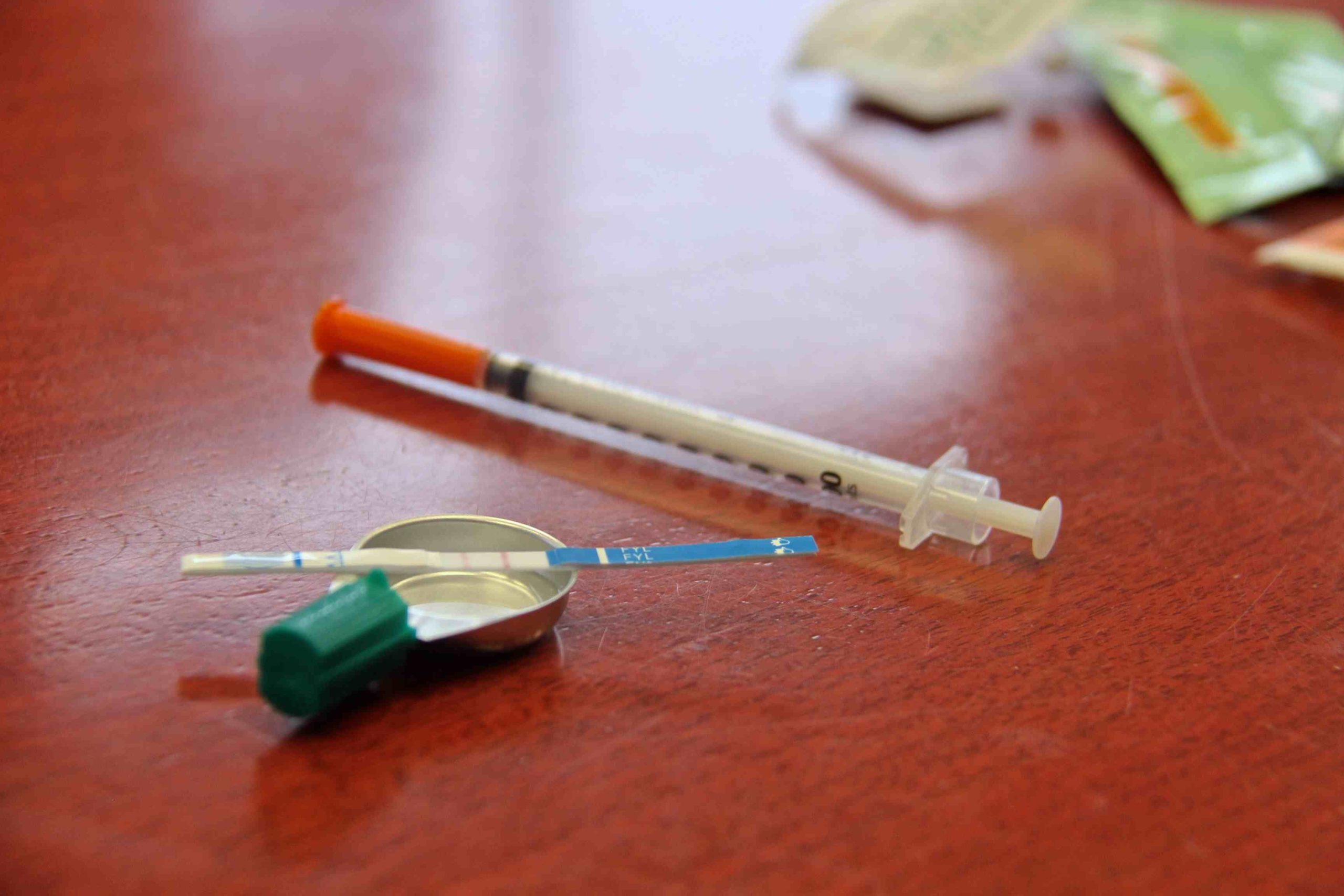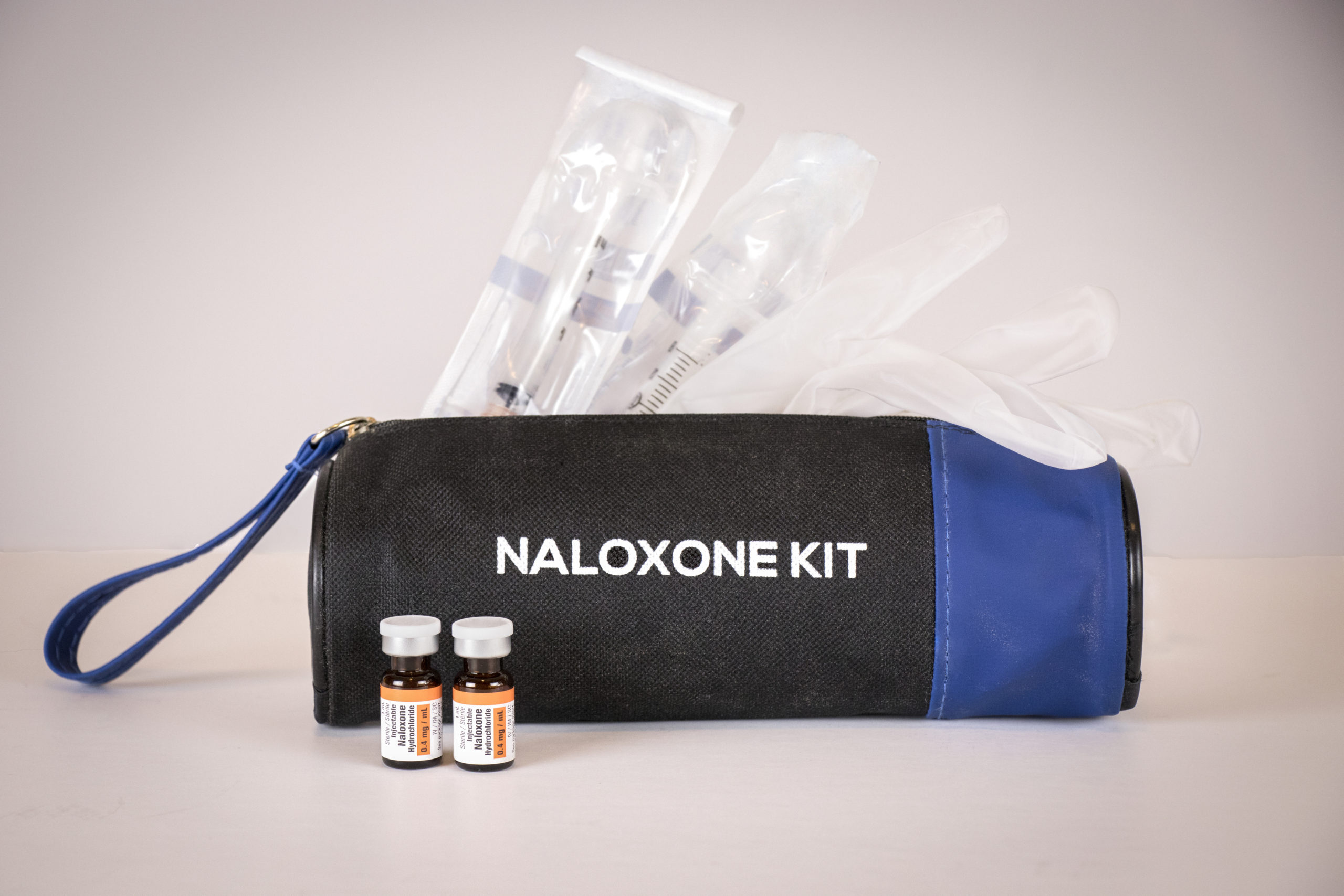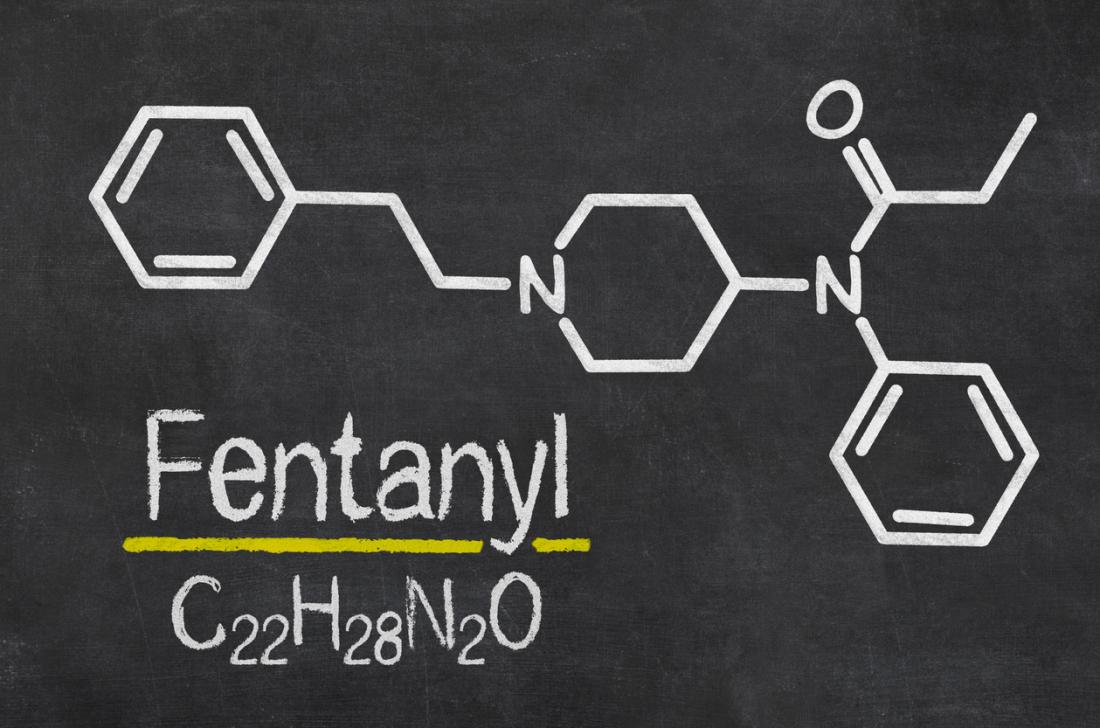Methods to Obtain Relief from the Collateral Consequences of Criminal Convictions: Summary of State Laws
Collateral consequences are legal, regulatory, and policy barriers imposed against an individual arrested for, charged with, or convicted of a criminal offense that often have no connection to the criminal offense. In this document, LAPPA (1) provides a single resource highlighting each jurisdiction’s laws related to collateral consequences; (2) allows for comparison of the laws between jurisdictions; and (3) identifies and highlights any interesting or novel provisions....













